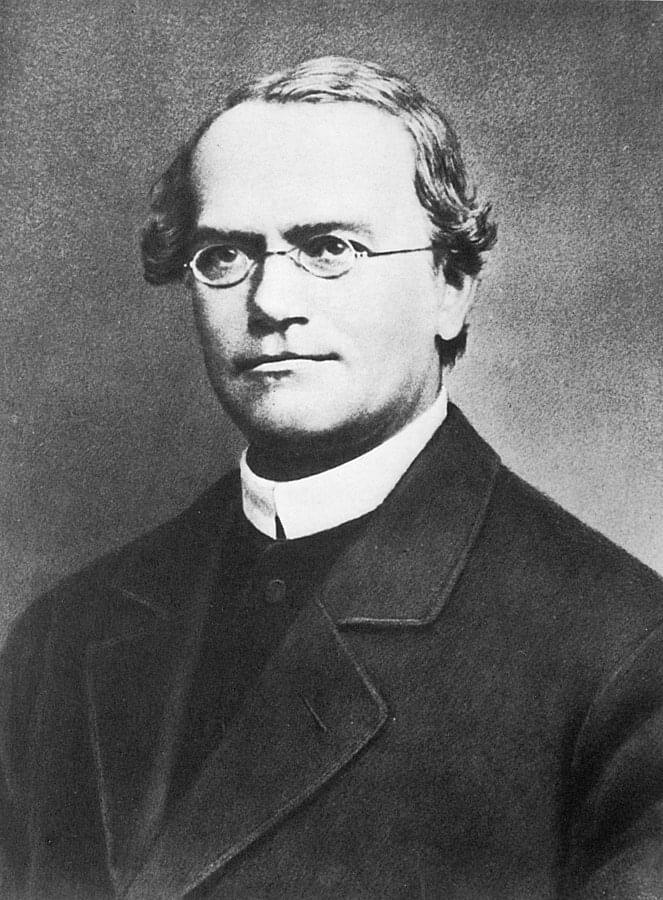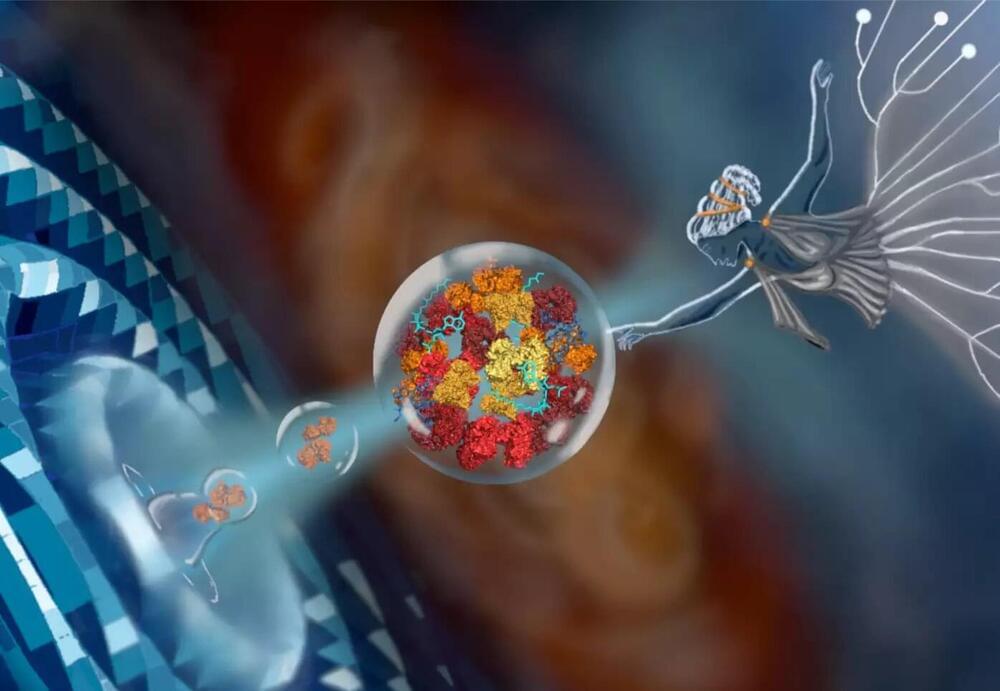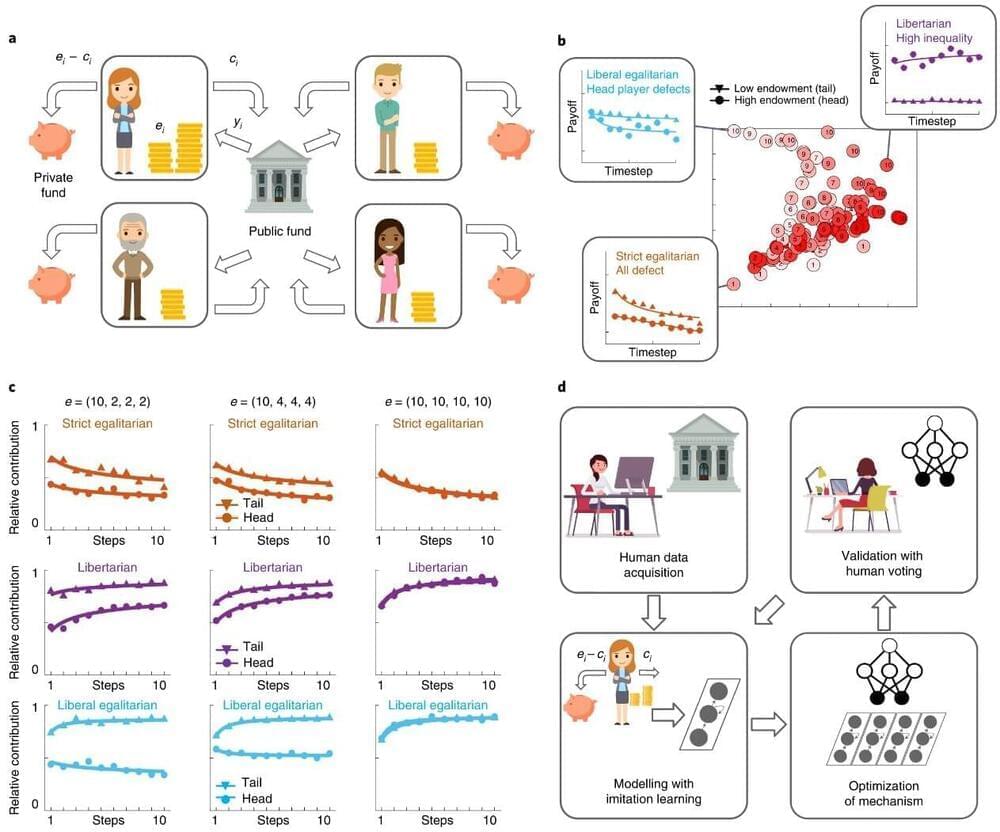Jul 11, 2022
Proof that Mendel discovered the laws of inheritance decades ahead of his time
Posted by Saúl Morales Rodriguéz in category: genetics
Gregor Mendel, the Moravian monk, was indeed “decades ahead of his time and truly deserves the title of ‘founder of genetics.’” So concludes an international team of scientists as the 200th birthday of Mendel approaches on 20 July.
The team, from KeyGene in the Netherlands and the John Innes Centre in the UK, draw on newly-discovered historical information to conclude that, when his proposals are viewed in the light of what was known of cells in the mid-19th century, Mendel was decades ahead of his time.
“Uncovering hidden details about Mendel has helped to build a picture of the scientific and intellectual environment in which he worked. At the outset Mendel knew nothing about genetics and had to deduce it all for himself. How he went about this is highly instructive,” said Dr. Noel Ellis from the John Innes Centre, one of the contributors to the study.


















